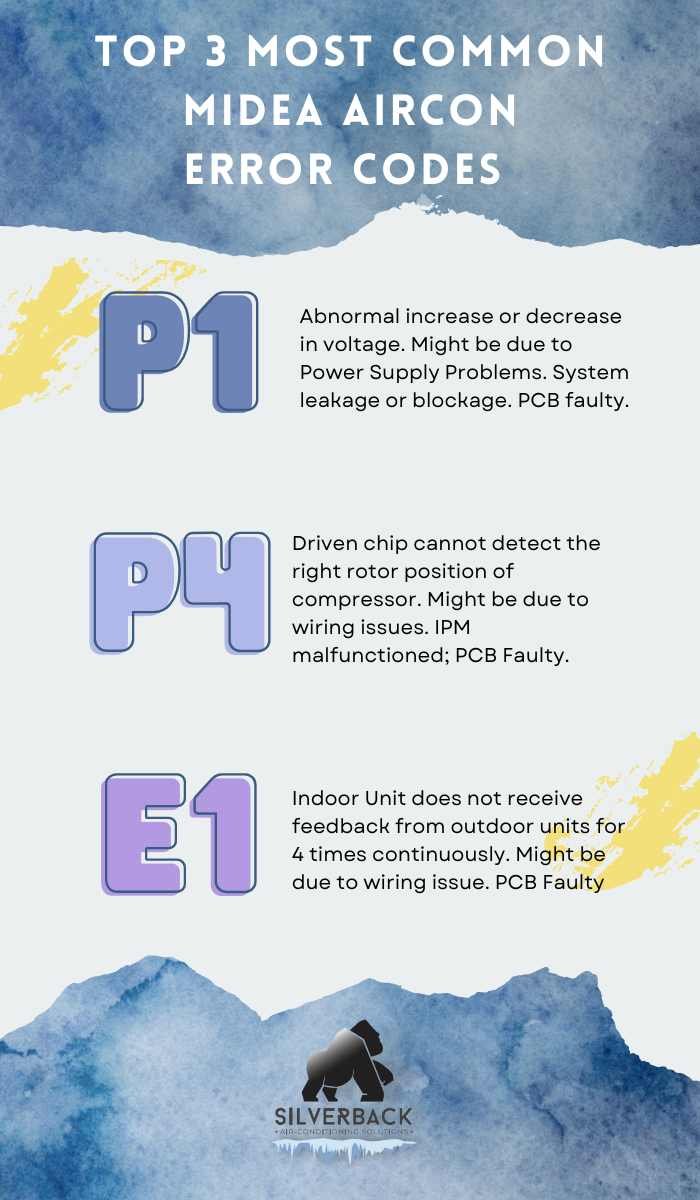
You might be wondering, “Why can’t I just fix this myself?” That’s a fair question. While some AC problems are easy to tackle on your own, others, like the infamous OE error, might need professional attention. This isn’t just about getting your unit working again—it’s about ensuring your system’s longevity and efficiency. So let’s dive in and break down what the OE error code really means and why you might need to call in the experts.
Understanding the OE Error Code
So, what exactly is this OE error code trying to tell you? Think of it like your air conditioner’s way of waving a little white flag. It’s indicating that there’s an issue with the unit’s outdoor fan motor. The motor is crucial because it helps regulate the air conditioner’s cooling process by dispersing the heat absorbed from inside your home. Without it functioning properly, the system can’t do its job effectively.
Imagine trying to run a marathon with a broken ankle. You wouldn’t get very far, right? That’s what your AC is dealing with—it’s trying its best but just can’t perform without this key part working as it should. When the fan motor fails or struggles, it can cause your air conditioner to overheat or shut down, leading to discomfort and potentially more significant problems down the line.
Here’s the deal: the OE error code is a signal that something’s off with the fan motor. But it doesn’t always mean it’s entirely broken; it could be an issue with wiring, a faulty connection, or even dirt and debris blocking it. Whatever the case, if you’re not experienced with electrical systems, it’s best to call a technician to diagnose the problem safely.
Why Should You Call a Technician?
You might be tempted to tinker with your air conditioner, but let’s pause for a moment. Calling a technician might sound like an unnecessary step, especially if you’re someone who likes to fix things DIY-style. However, there are several reasons why bringing in a professional is the smart choice when facing an OE error code.
First and foremost, safety is a big concern. Air conditioners are complex systems with electrical components that can be hazardous if handled improperly. A technician is trained to troubleshoot these systems safely, reducing the risk of injury or further damage to your unit. Think of it like trying to perform surgery without a medical degree—it’s just not a good idea.
Moreover, technicians have the right tools and expertise to get to the root of the problem quickly. While you might spend hours trying to figure out what’s gone wrong, a professional might identify and fix the issue in a fraction of the time. This means your home can return to a comfortable temperature sooner rather than later, and you’ll save yourself from any unnecessary frustration.
Finally, consider the potential for long-term savings. A technician won’t just fix the immediate problem; they’ll ensure your entire system is running optimally. This can lead to improved energy efficiency, saving you money on utility bills and prolonging the life of your unit. It’s like maintaining your car regularly to avoid costly repairs down the road.
Preventing Future Issues
Once your air conditioner is back up and running, you’ll likely want to know how to prevent this from happening again. While some issues are unavoidable, regular maintenance can significantly reduce the chances of encountering error codes like OE in the future. Think of this as giving your AC unit a bit of TLC so it can keep loving you back with cool, refreshing air.
Scheduling routine check-ups with a technician can catch problems early before they turn into bigger, costlier repairs. During these visits, the technician can clean essential components, tighten loose connections, and ensure everything is functioning as it should. It’s like getting a yearly physical to keep your health in check—your AC needs the same attention.
In addition, keeping your air conditioner clean is key. Regularly checking and replacing air filters, ensuring vents are unobstructed, and keeping the outdoor unit free from debris can all contribute to a smoother operation. It’s like making sure your car is free of gunk—keeping it clean helps it run better.
In conclusion, while the OE error code on your Midea air conditioner might initially seem daunting, it’s manageable with the right approach. Don’t hesitate to call a technician to ensure your unit is in top shape, and take proactive steps to maintain your system’s health. After all, a well-cared-for air conditioner is the foundation of a cool, comfortable home.